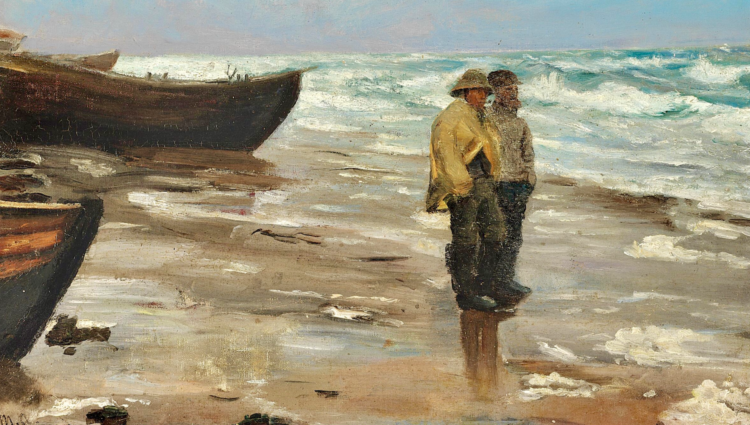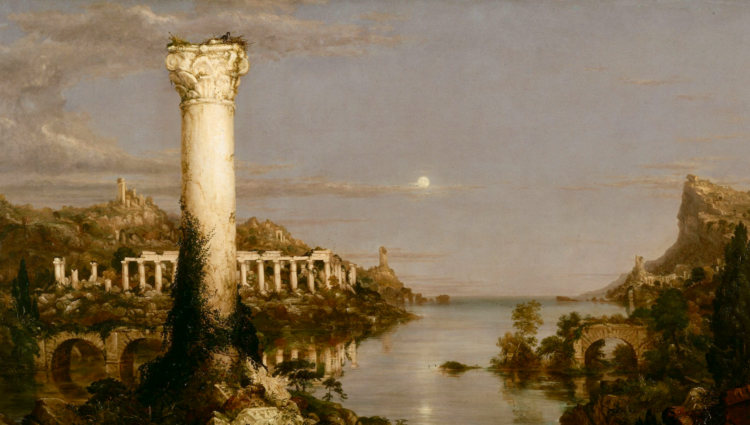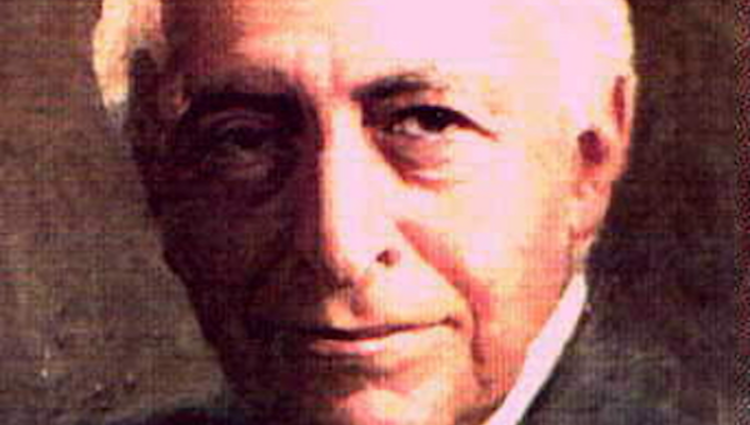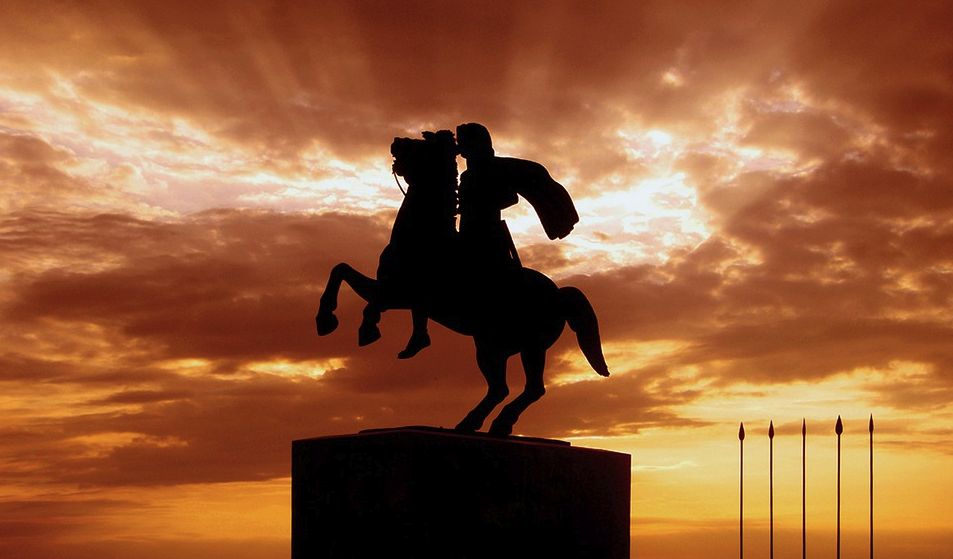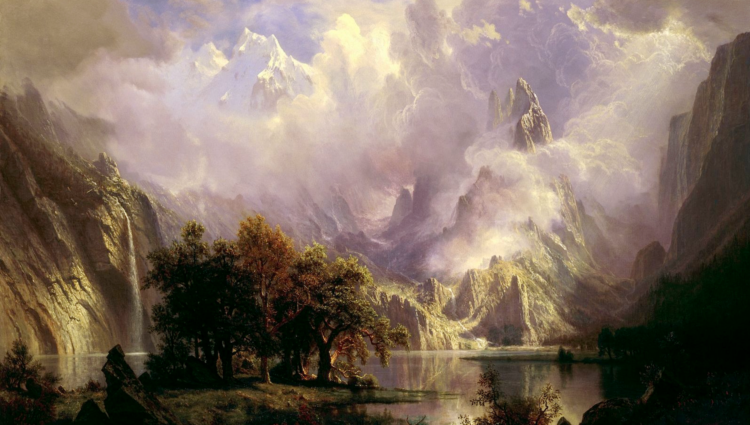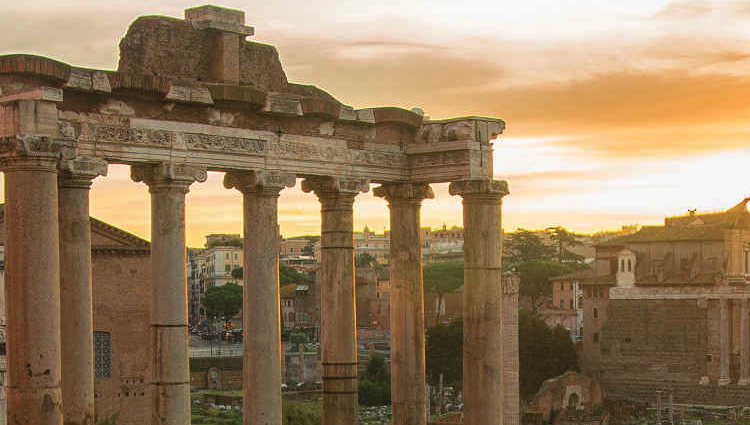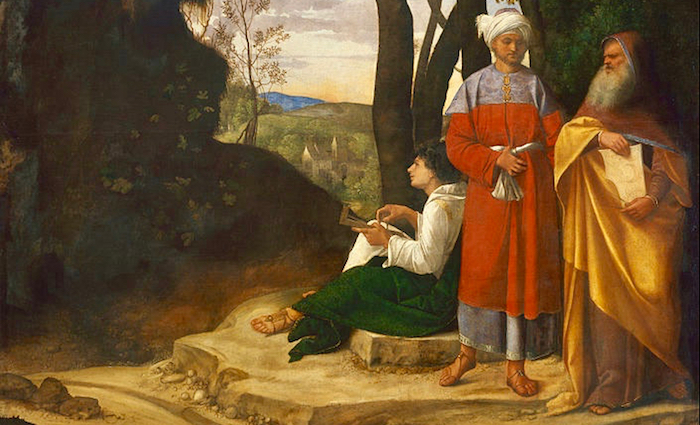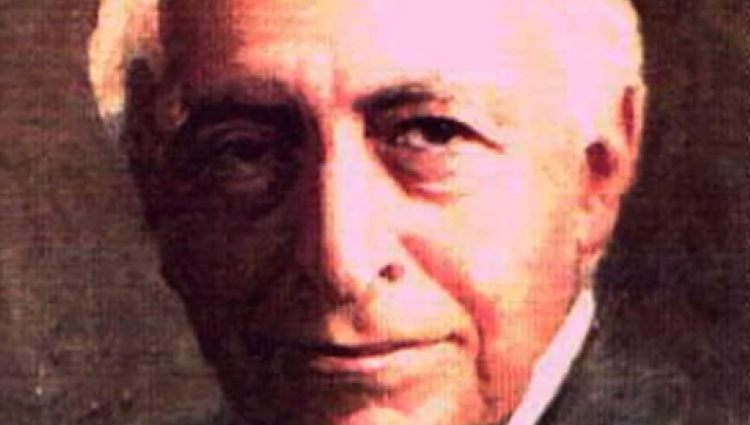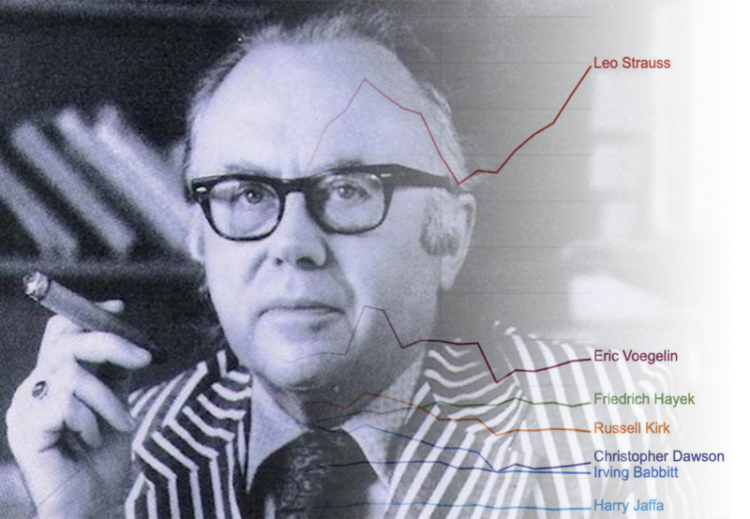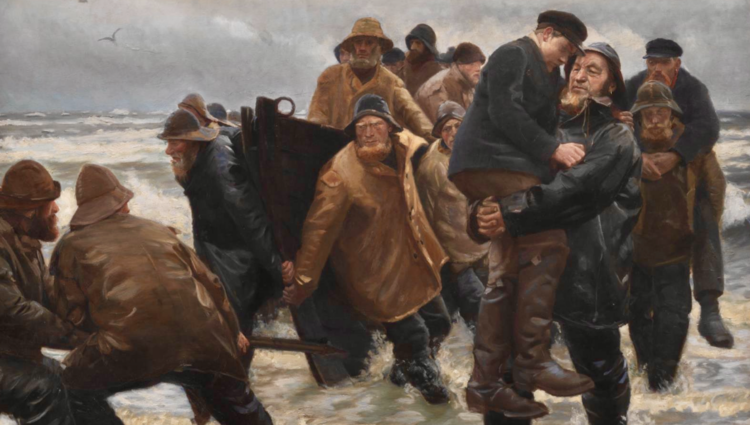Irving Babbitt (August 2, 1865 – July 15, 1933) was a Harvard literary scholar and cultural thinker. Babbitt’s books include; Literature and the American College (1908); In The New Laokoon (1910); The Masters of Modern French Criticism (1912); Rousseau and Romanticism (1919) & Democracy and Leadership (1924).
Irving Babbitt & Richard Weaver: Conservative Sages
Moral indolence and apathy, both Babbitt and Weaver stress, must be surpassed if one is to fly beyond the nets of naturalism and temperamental excesses. Character and Culture: Essays on East and West, by Irving Babbitt, with a new Introduction by Claes G. Ryn Visions of Order: The Cultural Crisis of Our Time, by Richard [...]

